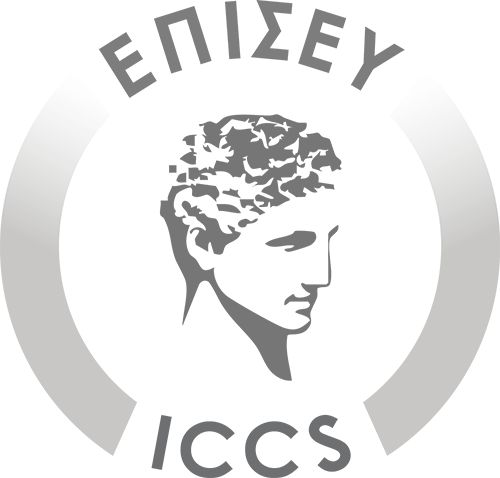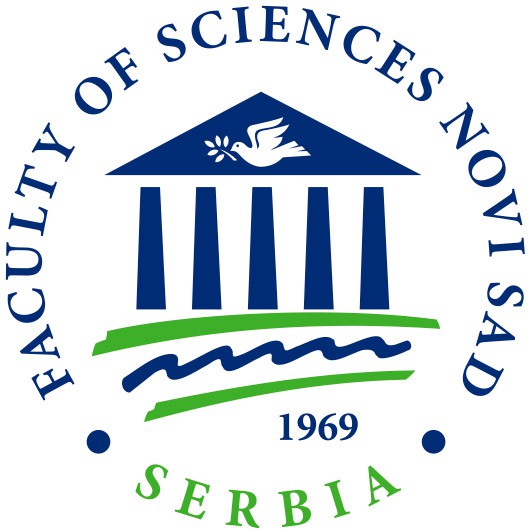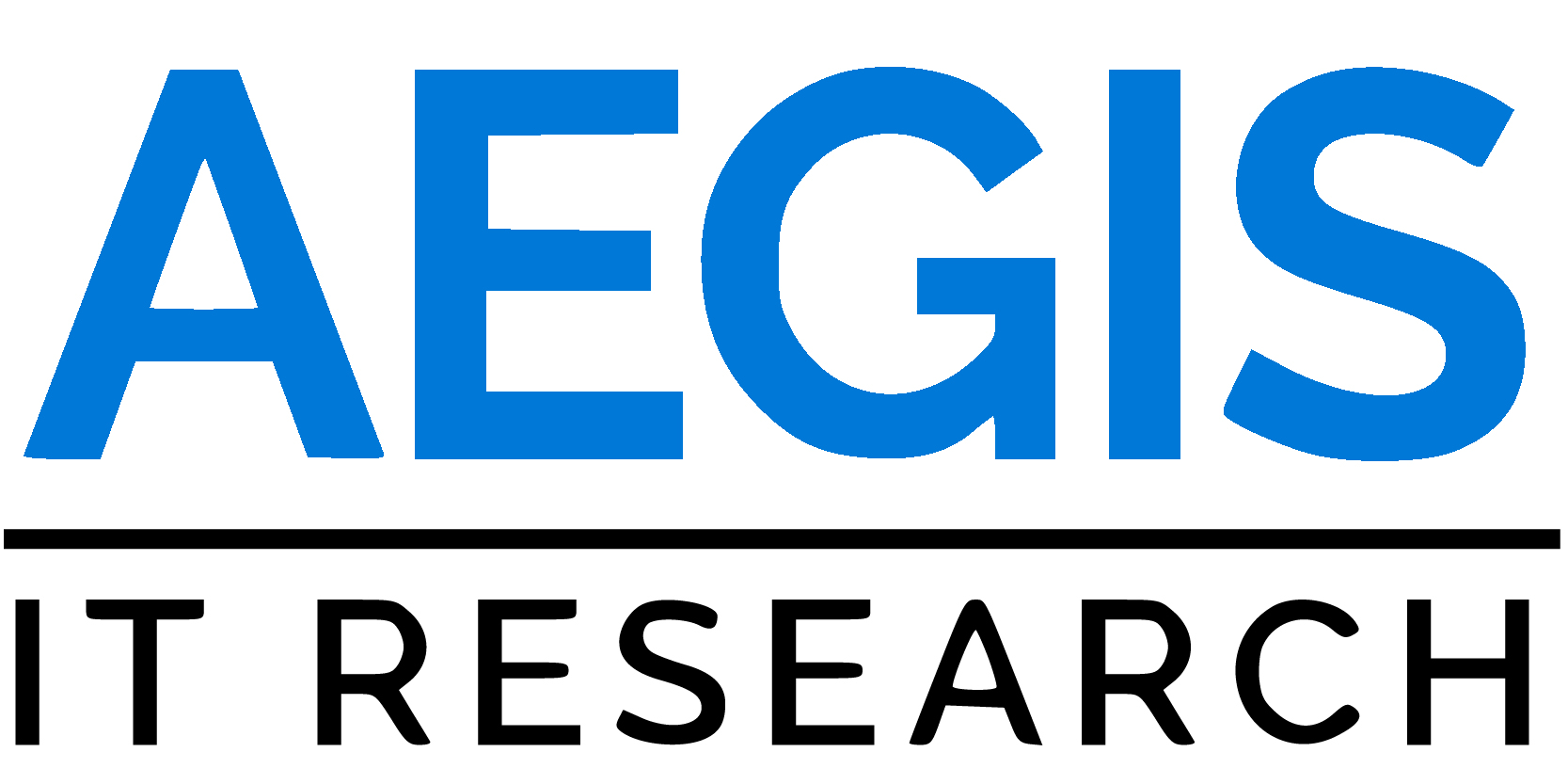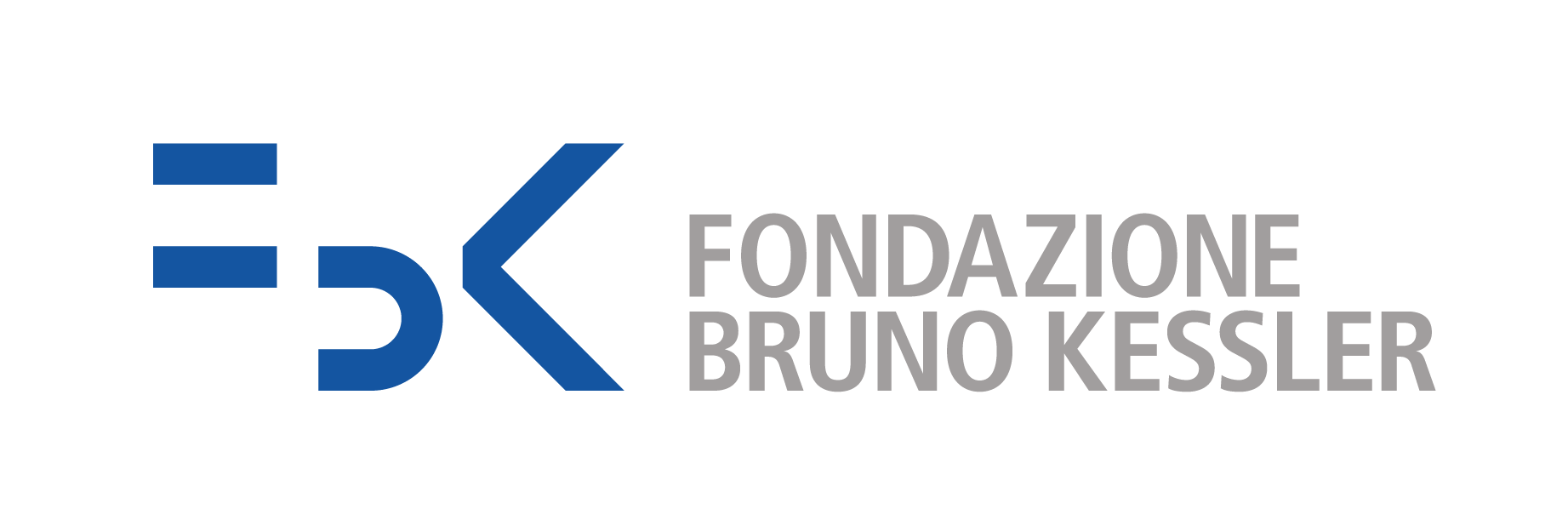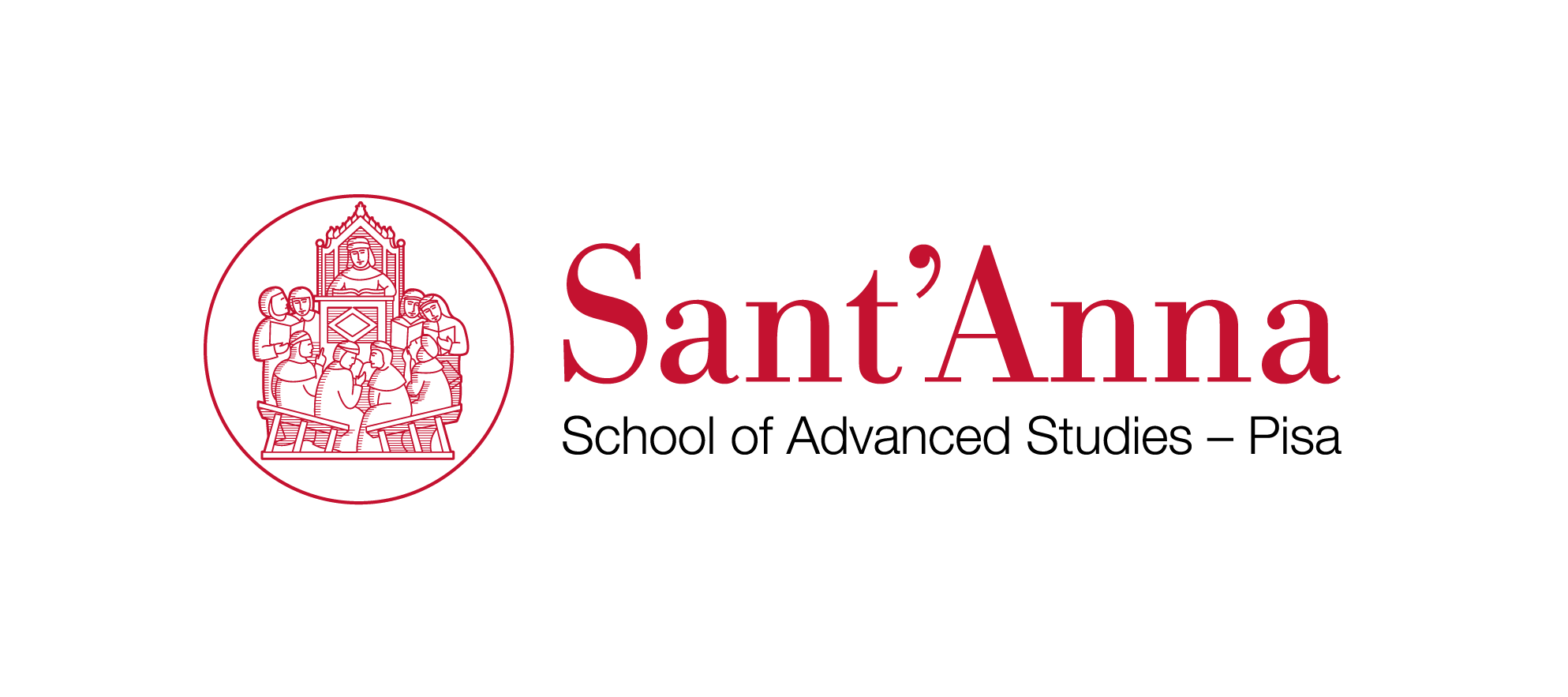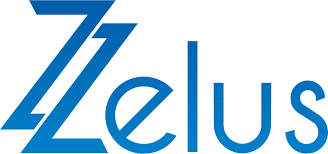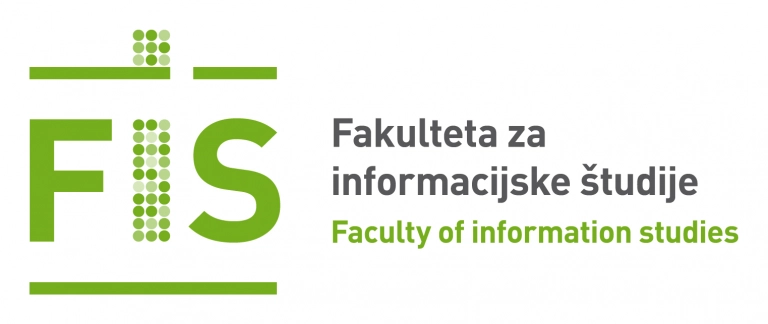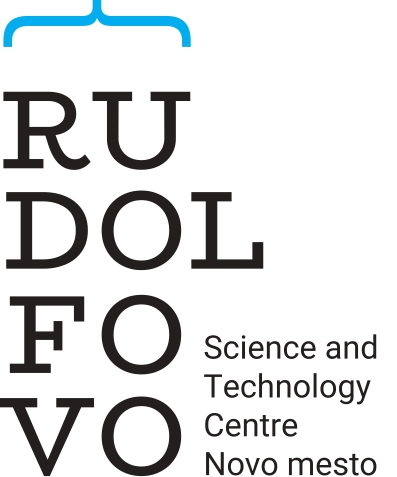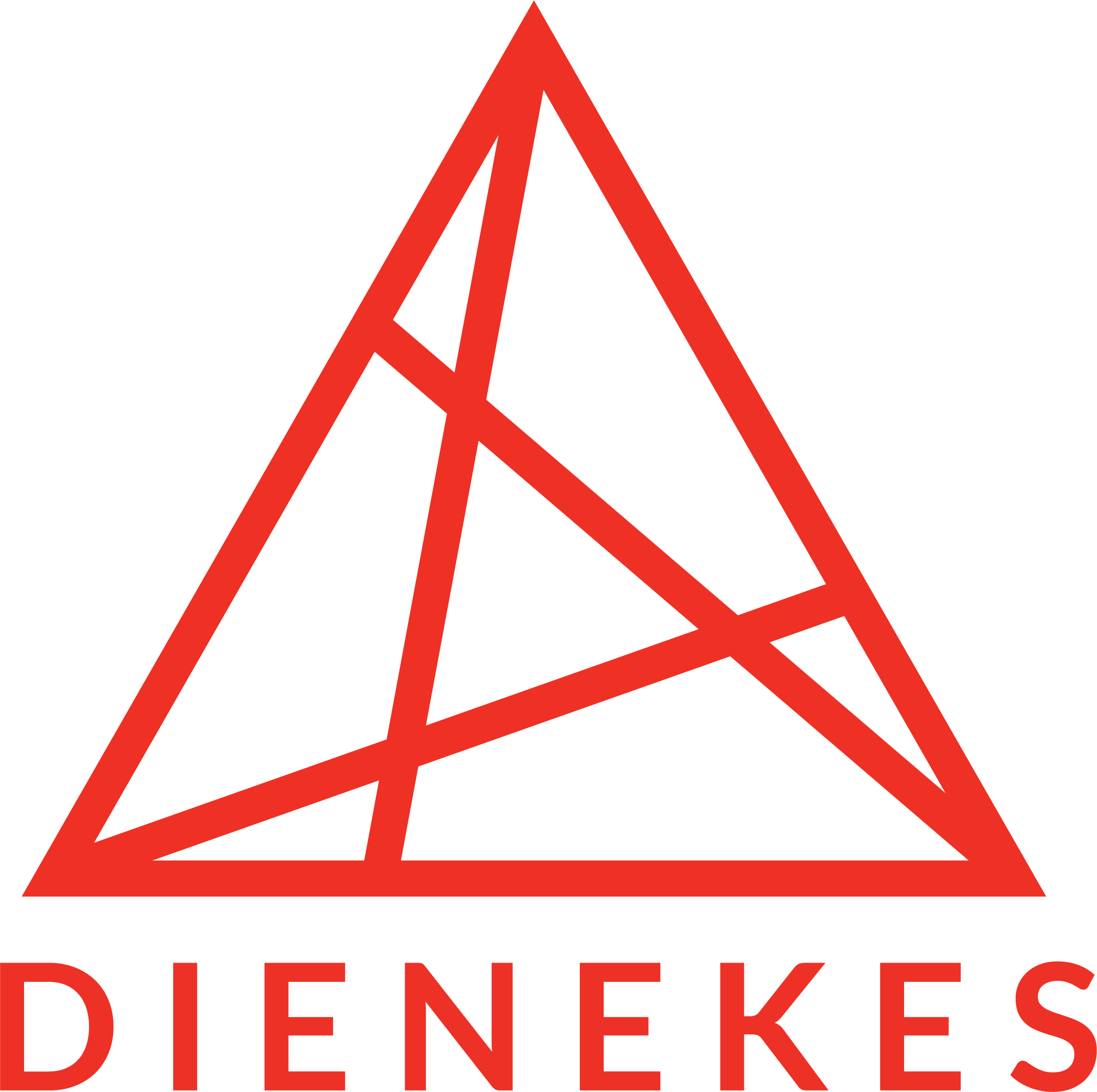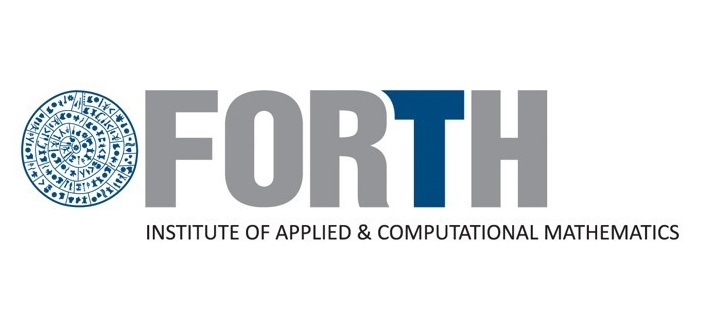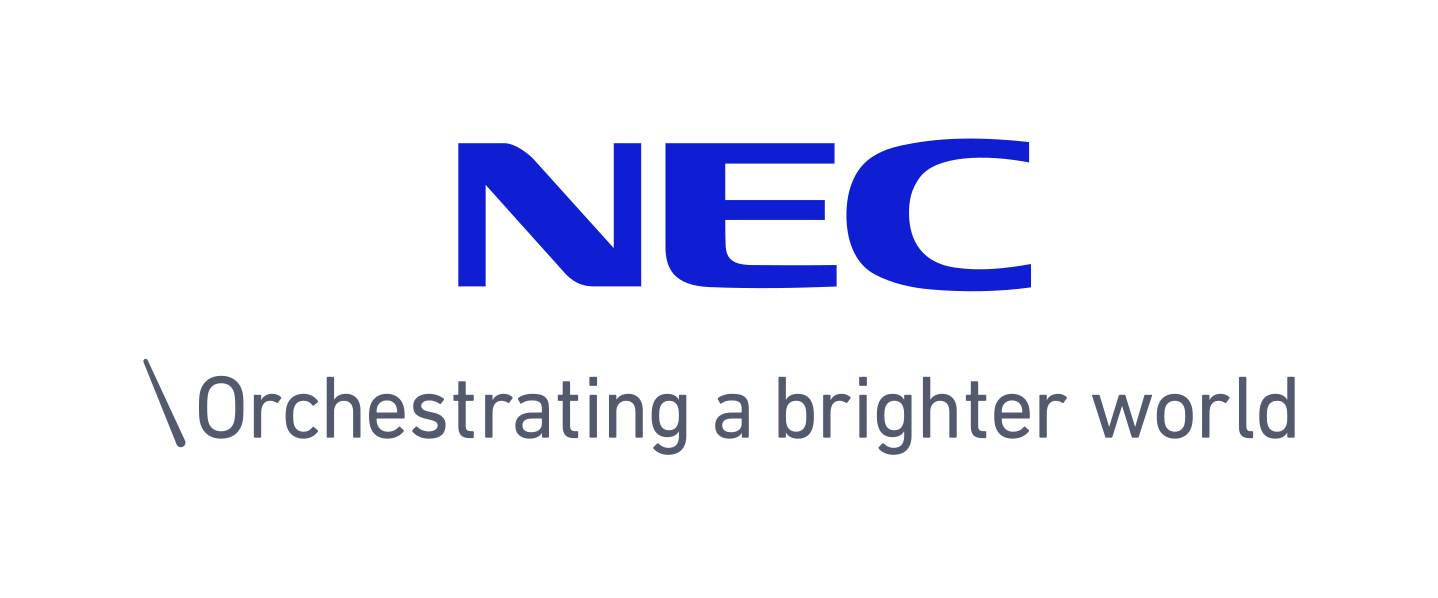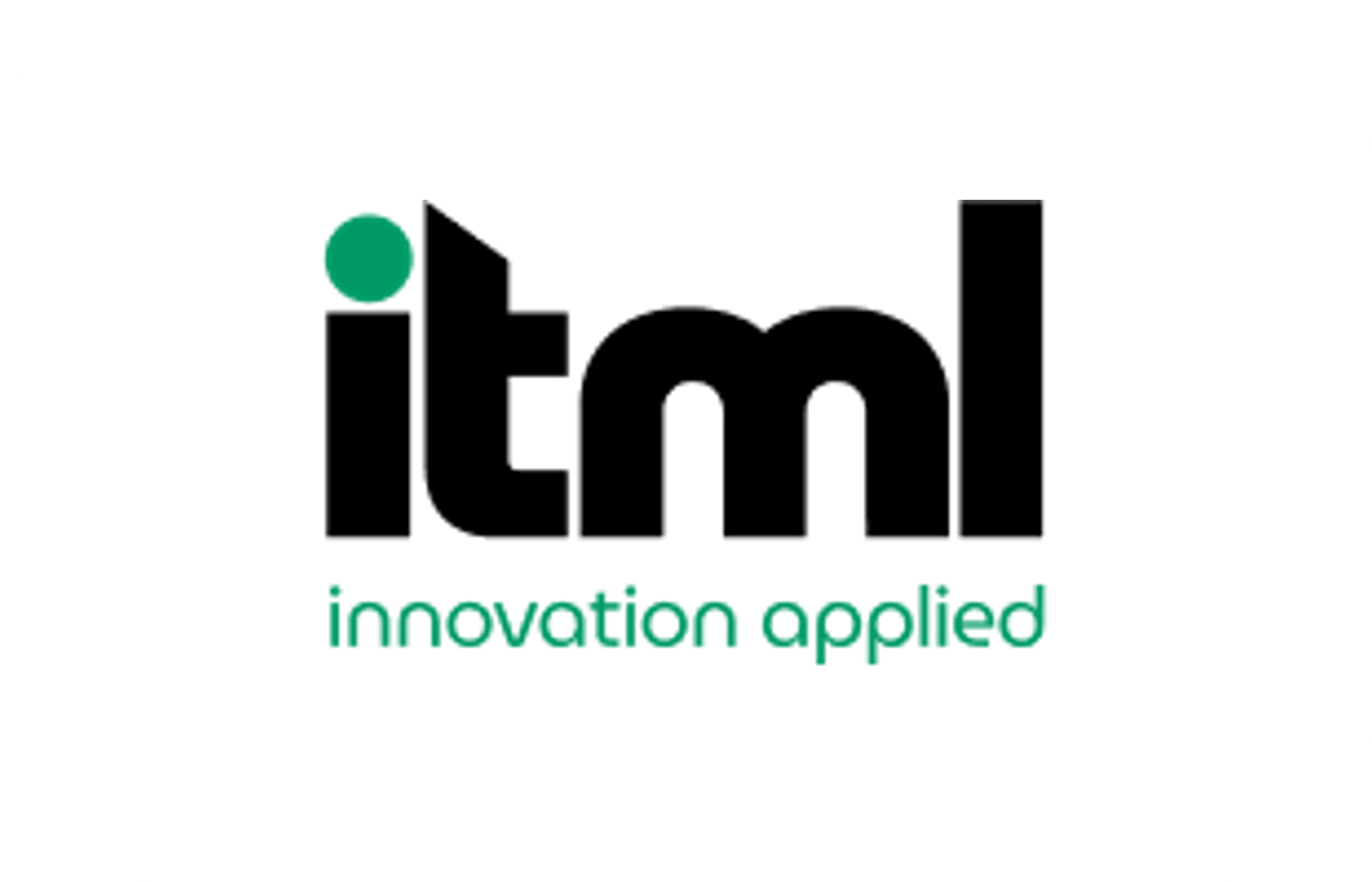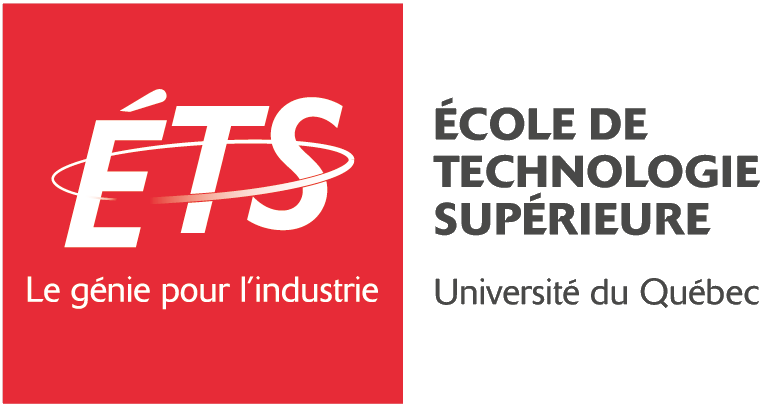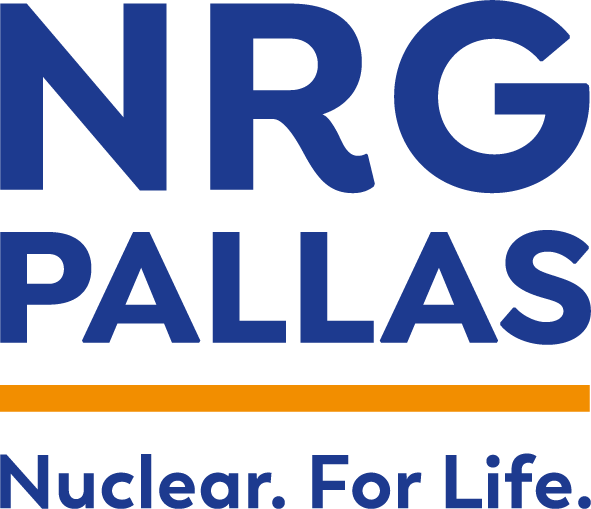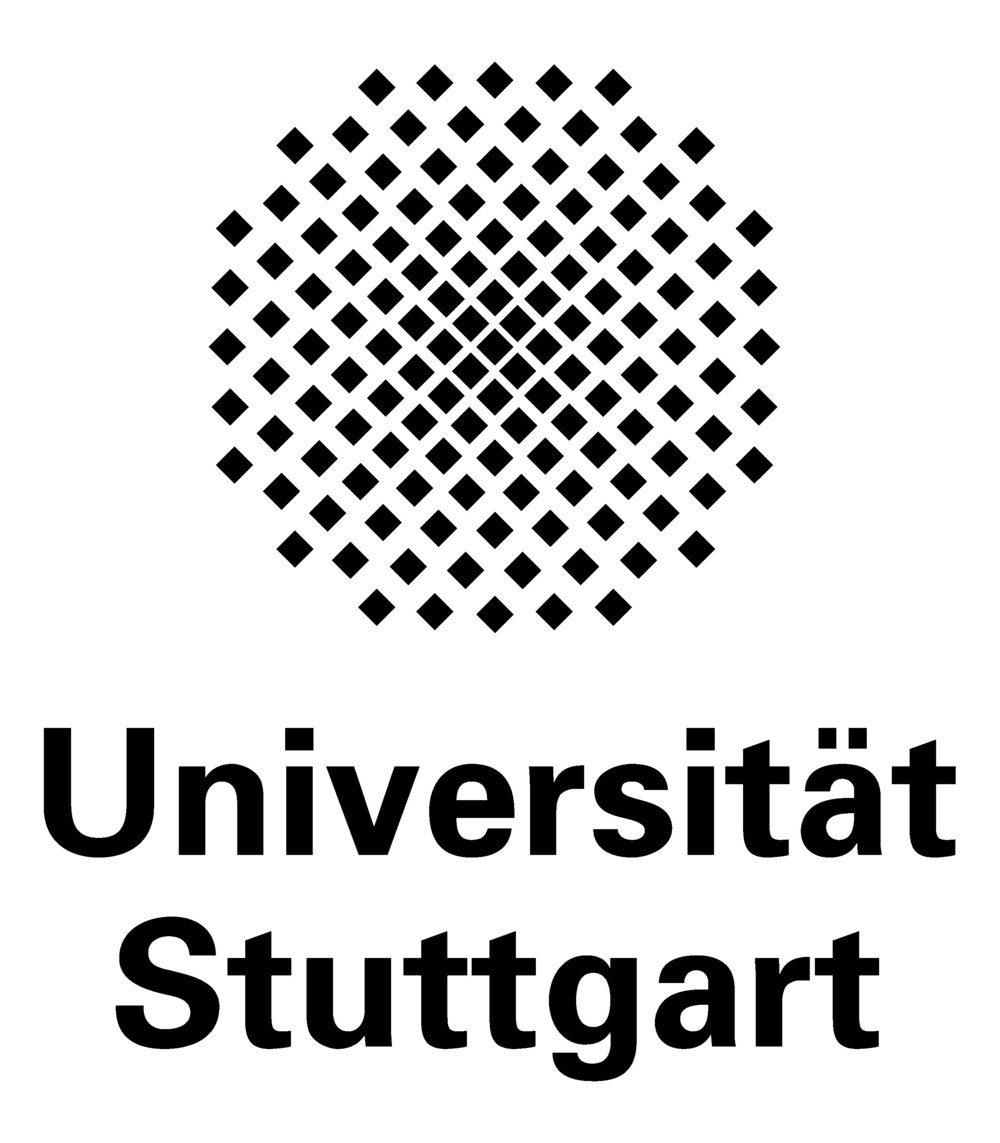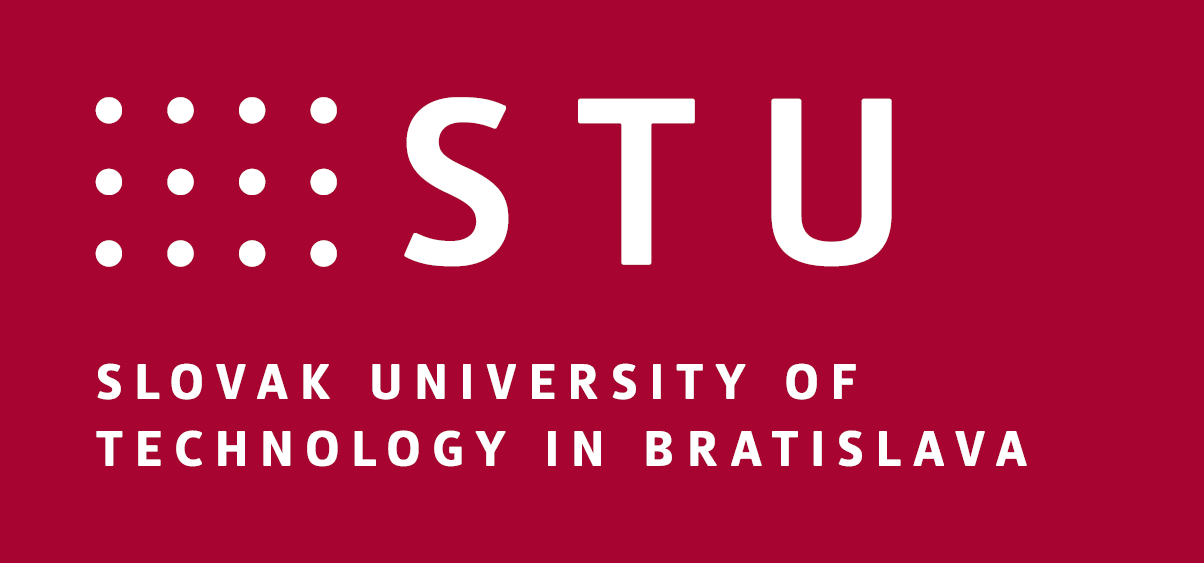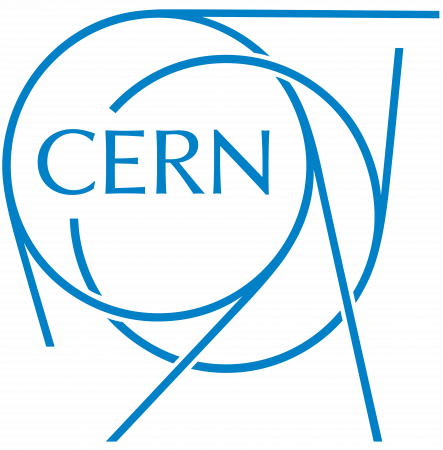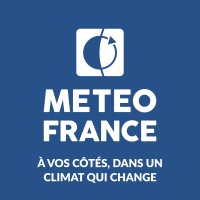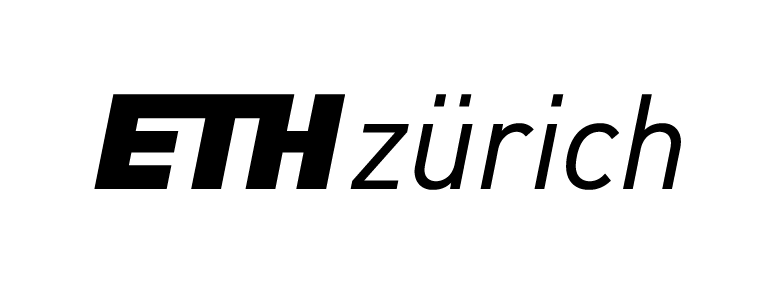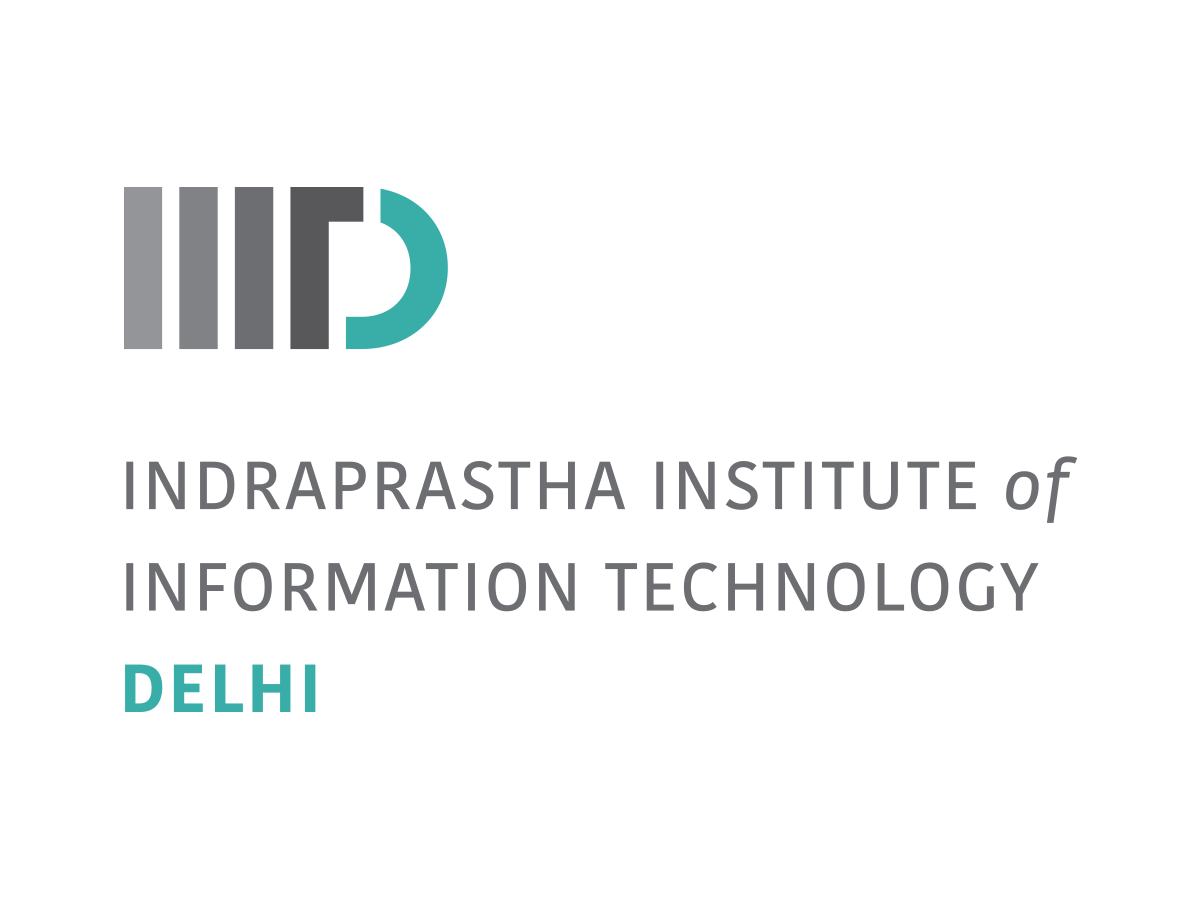Consortium partners
EREVNITIKO PANEPISTIMIAKO INSTITOUTO SYSTIMATON EPIKOINONION KAI YPOLOGISTON (ICCS), founded in 1989, is an independent, non-profit research organization dedicated to advancing the values, mission, and strategic goals of the National Technical University of Athens (NTUA). Over the years, ICCS has exemplified the University’s commitment to scholarly excellence, fostering the integration of research and teaching. It has made significant contributions to Greece’s scientific achievements in computational science and engineering. There are two NTUA groups that participate in TURING: the Efficient Computing Lab (ECL) and the POSE Group of the Photogrammetry Lab.
Role: ICCS serves as the project coordinator for TURING and plays a central leadership role in both the scientific and administrative execution of the project. Moreover, ICCS is responsible for ensuring the smooth implementation of Task 7.5 – International cooperation and also leads the Deliverables D1.1 & D7.4.
Eviden is a next-gen technology leader in data-driven, trusted and sustainable digital transformation with a strong portfolio of patented technologies. With leading positions worldwide in advanced computing, security, AI, cloud and digital platforms, it delivers deep expertise for all industries in more than 47 countries. As an industry-leading AI and HPC expert, and through the CEPP team, Eviden helps to maximizing workload efficiency, accelerating simulation, optimizing performance, and reducing cost-to-innovation.
Role: Eviden contributes to partner use cases in meteorology, particle physics, and nuclear energy by leveraging its expertise in machine learning. This include uncertainty quantification, machine learning for science (SciML), and techniques that enhance the interpretability of neural models. Whithin TURING project, Eviden leads T4.2 Uncertainty Quantification as part of Workpackage 4 – Finetuning Turing Models.
Faculty of Sciences, University of Novi Sad, Serbia (UNSPMF) is an educational and scientific institution providing teaching and scientific research activities within the fields of biology, chemistry, physics, mathematics, informatics, geography, tourism and environmental protection at five departments. The faculty was established in 1969, but research in sciences and mathematics began long before that.
Role: Within TURING project, UNSPMF group will lead WP3 Pre-training TURING models, 4 tasks (T1.2, T2.5, T3.3 and T4.1) in physics-informed AI and model validation. They ensure that TURING models are robust, accurate, and adaptable to real-world scientific scenarios. UNSPMF leads also D3.1 First pre-training TURING models methodologies.
AEGIS IT RESEARCH (AEGIS) is a research and development company that is involved in developing innovative IT solutions for business sectors with expertise in digital forensic investigations, adaptive Big Data visualization systems, secure embedded platforms, access control and network security systems, and privacy-preserving systems.
Role: AEGIS contributes to TURING by leading Task 1.3 – Quality assurance, gender equality and risk management, Task 1.4 – Innovation management, and Task 1.5 – Ethical principles and fundamental rights. It also leads Task 7.2 – Compliance with EU initiatives and standards and supports Task 7.4 – Exploitation and sustainability planning, ensuring responsible, ethical, and impactful project outcomes.
The Bruno Kessler Foundation (Fondazione Bruno Kessler, FBK) is a multidisciplinary research institution founded in 1962 in Trento, Italy specializing in technology, innovation, the humanities and social sciences. It is our mission to promote and contribute to the advancement of knowledge with a focus on the fields of science and technology that allow for greater and more immediate economic and social impact.
Role: FBK will coordinate WP4: Fine-tuning TURING Models. In this WP we will focus on adapting pretrained, task-agnostic foundation models for specific tasks related to the use cases of the project. Its objectives are to develop few-/low-shot learning methods to fine-tune models effectively while preserving generalization, implement uncertainty quantification (particularly for physical phenomena), integrate explainability to ensure transparent and interpretable model decisions, and optimize inference efficiency.
Sant’Anna School of Advanced studies (SSSA) is a special status public university, focused on research activities for applied sciences. The School offers courses at post-graduate level and to excellent Bachelor and Master students, all focused on research activities. The TeCIP Institute, involved in MEDIATE has a proven track record of excellent scientific results in the fields of AI, Cybersecurity and Cyber-Physical Systems.
Role: SSSA will contribute through management of privacy aware and trustworthy data analysis. SSSA will lead the tasks T3.4 and T4.3.
ZELUS IKE (ZELUS) is committed to delivering high-quality, robust, and user-validated products, founded on 3 pillars: i) Security: innovative tools and expertise in digital forensics, security monitoring and cyber threat hunting, ii) Sustainability: support businesses through the green & digital transition, by providing digital solutions, consulting and training services, and iii)Productivity: interactive visualization services for exploratory data analysis and hidden insights that drive business growth.
Role: In TURING, Zelus is leading WP5: TURING Framework, and 2 tasks withing the same WP; T5.3 TURING models training & inference pipelines and T5.4 Integration & deployment pipelines. Also, Zelus is leading T6.2 Experiments execution.
The Faculty of Information Studies (FIŠ) is the first public higher education institution in Southeast Slovenia and the first public faculty independent of Slovenian universities. Established in 2008 by the National Assembly, FIŠ has grown into a successful research-oriented institution. We foster interdisciplinary knowledge and skills for the creative and responsible use and development of information technologies in diverse social contexts.
Role: FIS contributes expertise in AI model development and validation, provides access to its HPC infrastructure, and supports interdisciplinary use cases and training. We lead T5.1 and D5.2.
Science and Technology Centre Novo mesto (Rudolfovo), established by the Slovenian Government in March 2022, is a cutting-edge research organisation linking science with practical application. It co-creates, disseminates and transfers high-tech knowledge to industry through industrial, applied and fundamental projects. Its mission is to build an innovative SME ecosystem, support companies in the SEE region, boost R&D capacity, drive green and digital transformation, establish top research infrastructure, advance scientific excellence, inspire youth in STEM and collaborate with higher education. Research is carried out by five centres: Advanced Technologies, Digitalisation, Circular Economy, Technology Transfer & Intellectual Property, and Applied Quantum Computing.
Role: Rudolfovo leads two tasks within WP2: white-box analysis of models/simulations and evaluation of foundation AI models. This work lays the foundation for developing TURING models, ensuring robustness, physical consistency, and trustworthiness, and guiding TURING’s scientific and technical baseline.
DIINEKES S.I. (DIE) is a spin-off company of the Technical University of Crete. Dienekes develops innovative technologies in the domains of system and hardware and security. The focus is processor ISA extensions for security, trusted execution environments in hardware, and acceleration using FPGAs and GPUs.
Role: Dienekes leads WP2 – Research Scope Specification, defining requirements, data curation, and TURING framework architecture. It drives ethical risk assessment and delivers D1.2, D1.4, and D1.5 Data Management Plans, supporting robustness and compliance across WPs.
The Institute of Applied and Computational Mathematics (IACM) of FORTH, founded in 1985 in Heraklion, Crete, promotes excellence in Mathematical Sciences and interdisciplinary research. It develops advanced methods in Analysis, Modelling, and Computation, addressing complex scientific challenges. IACM trains young researchers, fosters collaboration across disciplines, and serves as a national and European hub for frontier research in Applied and Computational Mathematics.
Role: FORTH leads Task 3.2 on interpretable low-dimensional models enforcing physical consistency, contributes to WPs 3, 5 & 7 on scalable AI frameworks and MLOps tools, co-authors key deliverables on physics-aware architectures and open-source libraries, ensuring robustness and explainability.
NEC LABORATORIES EUROPE GMBH (NEC) founded in 1899, is a global leader in information and communications technology with a long history of innovation. NEC Laboratories Europe conducts fundamental and applied research aligned with the NEC 2030 Vision, focusing on AI, digital health, ICT, and cybersecurity to address global challenges. The labs embody NEC’s values of being “Truly Open, Truly Trusted” through open innovation and close collaboration with universities, research institutes, and European institutions.
Role: NEC brings the SOL neural network compiler to TURING, for the optimization of AI models. NEC leads Task 4.4 on efficient AI model inference and contributes to the research scope specification (WP2), framework (WP5), experiments (WP6) and impact (WP6).
IOTAM INTERNET OF THINGS APPLICATIONS AND MULTI LAYER
DEVELOPMENT LTD (ITML) provides novel, tailor-made software solutions using technologies such as big data analytics, advanced data mining, and machine learning. Its vision is to deliver products and services close to real customer and market needs, improving user experience and enabling diverse and customised applications. ITML has extensive experience in EU-funded projects across the Cybersecurity, Digitalisation & Human-Centric AI, Industry 5.0, Culture & Society, Health, Climate, Energy & Mobility sectors.
Role: ITML contributes in outreach and dissemination planning, AI regulation compliance, and innovation management. ITML leads Work Package 7 “Outreach, impact, and social inclusion”, including dissemination planning and stakeholder engagement tasks and critical deliverables such as the Communication, Dissemination and Exploitation Plan (D7.1) and Impact Analysis reports (D7.2, D7.3).
ML & AI Consultants Ltd (MLAI) was founded by a team of experienced ICT and business consultants, who have a rich track record of providing services for worldwide projects. The team has delivered more than twenty projects for clients in Cyprus, Greece and Europe. Our team has a deep understanding of ICT technologies in areas, among others, including Artificial Intelligence and its applications, BigData analysis, smart city applications, Distributed Ledger technologies and Internet of Things.
Role: MLAI will contribute to the Turing Project by developing the Turing Framework, which includes a conversational user interface and a customized foundation model, enhancing the user experience and allowing users to explore the full functionality of the Turing underlying models and other capabilities.
École de Technologie Supérieure (ÉTS) is specialized in applied education and research in engineering and technology transfer to companies. ÉTS trains engineers and researchers who are recognized for their practical and innovative approach. ÉTS counts more than 200 professors, more than 200 industrial partners, a technological start-up incubator, and more than 10,000 graduate and undergraduate students, ranking first in Québec and second in Canada in terms of student enrolment.
Role: ETS brings significant experience within the domains of Large Language Models, Intelligent and Autonomous Systems, Internet of Things, and Sustainability for Information and Communication Technology. Accordingly, ÉTS will contribute in various tasks from various Work Packages, including T1.1, T.2.1 and T2.2, T3.1 and T3.2, T5.3 and T5.4, T6.2, T7.1 and T7.5.
YPOLOGISTIKI MICHANIKI EPOMENIS GENIAS IKE (NCOMP) is a technology company specializing in advanced computing solutions, AI-driven modeling, and high-performance software development. It focuses on providing innovative tools for simulation, optimization, and complex data analysis across multiple sectors.
Role: In TURING, NCOMP contributes mainly to WP3 – Pre-training TURING models, supporting AI model development, simulation pipelines, and large-scale data processing. It ensures models are robust, scalable, and efficient, providing computational expertise that underpins the scientific and technical work of the project.
NRG PALLAS BV (NRG) is a Dutch organization dedicated to using nuclear technology to improve health and support a sustainable future. With over sixty years of experience in nuclear research and engineering, NRG PALLAS combines scientific expertise with a strong commitment to safety, integrity, and responsible innovation. The organization operates advanced research and production facilities, including nuclear reactors and isotope production centers, and provides services across nuclear safety, materials testing, and emerging reactor technologies. This breadth of experience allows NRG PALLAS to support both practical applications and high-level research in nuclear energy and healthcare.
Role: NRG PALLAS brings expertise in nuclear energy and safety to TURING, guiding, testing, and validating robust and explainable AI models. It contributes to WP2 with white-box analysis of nuclear simulations and dataset provision, to WP5 by supporting computing infrastructure and data management, to WP6 by applying the framework to nuclear use cases, and to WP7 by ensuring EU compliance, particularly the AI Act, while supporting exploitation and sustainability.
The University of Stuttgart (USTUTT) is a leading, technology-focused university with a strong foundation in top-level research. Its Institute of Nuclear Technology and Energy Systems specializes in energy applications, with over 45 years of experience in theoretical and experimental research in reactor technology and safety.
Role: In TURING, USTUTT provides Use Case 4: Debris Bed Formation during Severe Accidents, leading Task 2.3 – Data requirements and availability and delivering D2.3 – Datasets repositories. It also contributes to WP5 – Computing infrastructure and data management, WP6 – Experiments execution, and WP7 – Outreach and compliance, ensuring high-quality data, robust model testing, and alignment with project standards.
The Slovak University of Technology in Bratislava (STUBA) is the largest and most important technical university in Slovakia, offering education in engineering, technology, IT, economics, and the arts. The Faculty of Electrical Engineering and Informatics promotes high-quality education, supports scientific research, and ensures the transfer of knowledge into practice to foster innovation and economic growth.
Role: STUBA contributes to TURING by defining and implementing the AI-Enhanced Criticality Safety Analysis for Nuclear Systems use case, focusing on predicting, validating, and managing bias in nuclear simulations. The university provides domain-specific datasets, expertise in nuclear engineering, and guidance for integrating AI with scientific practice, ensuring that models are accurate, reliable, and safely applied in high-stakes scenarios.
The European Organization for Nuclear Research (CERN), is one of the world’s largest laboratories for particle physics. Located near Geneva, it is home to the Large Hadron Collider, the world’s most powerful particle accelerator. Founded in 1954, CERN brings together scientists from around the globe to explore the fundamental structure of the universe, advancing understanding of particles, forces, and the origins of matter. Through cutting-edge experiments and international collaboration, CERN drives innovation in physics, computing, and engineering, while fostering open science and education.
Role: CERN provides a use case for developing AI models that describe particle interactions with detectors and predict their response. It contributes strong expertise in AI and transformer-based architectures initially developed for high-energy physics detectors. CERN also leads WP6, evaluating the usability and performance of the TURING framework and AI models for the different use cases.
Météo-France (METEO) is the French National Weather Service. One of its major mission is to ensure the meteorological safety of life and property accross the French territory Météo-France provides forecasts and data, expertise on climate change, and participates in the progress of research in meteorology and climate science.
Role: In TURING, Météo-France provides its use case on robust data-driven models for weather forecasting, supporting the development and validation of AI models that improve predictive accuracy, integrate climate and environmental factors, and enhance decision-making for meteorological and climate-related applications.
The Chair of Structural Mechanics and Monitoring (ETH Zürich) develops data‐driven, intelligent methods for assessing engineered systems over their lifecycle. The group fuses monitoring data, physics‐based modeling, system identification, time‐series analysis and machine learning to monitor structural health, diagnose damage, and predict future performance. They apply these methods to infrastructures such as bridges, buildings, wind energy systems, railways and vehicles — aiming to optimize maintenance, extend service life, and enhance safety.
Role: Task 3.1 Physics-informed AI, PEML schemes and discovery using large pretrained models, Task 3.2 Interpretability in lower-dimensional representations. Reduced Order Modelling conditioned on physics, Neurosymbolic AI using interpretable schemes (e.g. formal grammars)
The Indraprastha Institute of Information Technology Delhi (IIITD) is a research-focused university specializing in computer science, data science, and emerging technologies. It fosters innovation through interdisciplinary research, advanced computing, and AI-driven solutions.
Role: In TURING, IIITD contributes expertise in AI model development, machine learning, and simulation for complex use cases, supporting tasks across pre-training, fine-tuning, and model validation. It also assists in implementing robust, scalable, and explainable AI workflows aligned with project objectives.
ICCS: Founded in 1989, ICCS is an independent, non-profit research organization dedicated to advancing the values, mission, and strategic goals of the National Technical University of Athens (NTUA). Over the years, ICCS has exemplified the University’s commitment to scholarly excellence, fostering the integration of research and teaching. It has made significant contributions to Greece’s scientific achievements in computational science and engineering. There are two NTUA groups that participate in TURING: the Efficient Computing Lab (ECL) and the POSE Group of the Photogrammetry Lab.
Role: ICCS serves as the project coordinator for TURING and plays a central leadership role in both the scientific and administrative execution of the project. Moreover, ICCS is responsible for ensuring the smooth implementation of Task 7.5 – International cooperation and also leads the Deliverables D1.1 & D7.4.
Eviden is a next-gen technology leader in data-driven, trusted and sustainable digital transformation with a strong portfolio of patented technologies. With leading positions worldwide in advanced computing, security, AI, cloud and digital platforms, it delivers deep expertise for all industries in more than 47 countries. As an industry-leading AI and HPC expert, and through the CEPP team, Eviden helps to maximizing workload efficiency, accelerating simulation, optimizing performance, and reducing cost-to-innovation.
Role: Eviden contributes to partner use cases in meteorology, particle physics, and nuclear energy by leveraging its expertise in machine learning. This include uncertainty quantification, machine learning for science (SciML), and techniques that enhance the interpretability of neural models. Whithin TURING project, Eviden leads T4.2 Uncertainty Quantification as part of Workpackage 4 – Finetuning Turing Models.
Faculty of Sciences, University of Novi Sad, Serbia (UNSPMF) is an educational and scientific institution providing teaching and scientific research activities within the fields of biology, chemistry, physics, mathematics, informatics, geography, tourism and environmental protection at five departments. The faculty was established in 1969, but research in sciences and mathematics began long before that.
Role: Within TURING project, UNSPMF group will lead WP3 Pre-training TURING models, 4 tasks (T1.2, T2.5, T3.3 and T4.1) in physics-informed AI and model validation. They ensure that TURING models are robust, accurate, and adaptable to real-world scientific scenarios. UNSPMF leads also D3.1 First pre-training TURING models methodologies.
AEGIS IT RESEARCH (AEGIS) is a research and development company that is involved in developing innovative IT solutions for business sectors with expertise in digital forensic investigations, adaptive Big Data visualization systems, secure embedded platforms, access control and network security systems, and privacy-preserving systems.
Role: AEGIS contributes to TURING by leading Task 1.3 – Quality assurance, gender equality and risk management, Task 1.4 – Innovation management, and Task 1.5 – Ethical principles and fundamental rights. It also leads Task 7.2 – Compliance with EU initiatives and standards and supports Task 7.4 – Exploitation and sustainability planning, ensuring responsible, ethical, and impactful project outcomes.
FBK: The Bruno Kessler Foundation (Fondazione Bruno Kessler, FBK) is a multidisciplinary research institution founded in 1962 in Trento, Italy specializing in technology, innovation, the humanities and social sciences. It is our mission to promote and contribute to the advancement of knowledge with a focus on the fields of science and technology that allow for greater and more immediate economic and social impact.
Role: FBK will coordinate WP4: Fine-tuning TURING Models. In this WP we will focus on adapting pretrained, task-agnostic foundation models for specific tasks related to the use cases of the project. Its objectives are to develop few-/low-shot learning methods to fine-tune models effectively while preserving generalization, implement uncertainty quantification (particularly for physical phenomena), integrate explainability to ensure transparent and interpretable model decisions, and optimize inference efficiency.
SSSA: Sant’Anna School of Advanced studies is a special status public university, focused on research activities for applied sciences. The School offers courses at post-graduate level and to excellent Bachelor and Master students, all focused on research activities. The TeCIP Institute, involved in MEDIATE has a proven track record of excellent scientific results in the fields of AI, Cybersecurity and Cyber-Physical Systems.
Role: SSSA will contribute through management of privacy aware and trustworthy data analysis. SSSA will lead the tasks T3.4 and T4.3.
ZELUS: is committed to delivering high-quality, robust, and user-validated products, founded on 3 pillars: i) Security: innovative tools and expertise in digital forensics, security monitoring and cyber threat hunting, ii) Sustainability: support businesses through the green & digital transition, by providing digital solutions, consulting and training services, and iii)Productivity: interactive visualization services for exploratory data analysis and hidden insights that drive business growth.
Role: In TURING, Zelus is leading WP5: TURING Framework, and 2 tasks withing the same WP; T5.3 TURING models training & inference pipelines and T5.4 Integration & deployment pipelines. Also, Zelus is leading T6.2 Experiments execution.
FIŠ: The Faculty of Information Studies (FIŠ) is the first public higher education institution in Southeast Slovenia and the first public faculty independent of Slovenian universities. Established in 2008 by the National Assembly, FIŠ has grown into a successful research-oriented institution. We foster interdisciplinary knowledge and skills for the creative and responsible use and development of information technologies in diverse social contexts.
Role: FIS contributes expertise in AI model development and validation, provides access to its HPC infrastructure, and supports interdisciplinary use cases and training. We lead T5.1 and D5.2.
Rudolfovo: Science and Technology Centre Novo mesto, established by the Slovenian Government in March 2022, is a cutting-edge research organisation linking science with practical application. It co-creates, disseminates and transfers high-tech knowledge to industry through industrial, applied and fundamental projects. Its mission is to build an innovative SME ecosystem, support companies in the SEE region, boost R&D capacity, drive green and digital transformation, establish top research infrastructure, advance scientific excellence, inspire youth in STEM and collaborate with higher education. Research is carried out by five centres: Advanced Technologies, Digitalisation, Circular Economy, Technology Transfer & Intellectual Property, and Applied Quantum Computing.
Role: Rudolfovo leads two tasks within WP2: white-box analysis of models/simulations and evaluation of foundation AI models. This work lays the foundation for developing TURING models, ensuring robustness, physical consistency, and trustworthiness, and guiding TURING’s scientific and technical baseline.
Dienekes: is a spin-off company of the Technical University of Crete. Dienekes develops innovative technologies in the domains of system and hardware and security. The focus is processor ISA extensions for security, trusted execution environments in hardware, and acceleration using FPGAs and GPUs.
Role: Dienekes leads WP2 – Research Scope Specification, defining requirements, data curation, and TURING framework architecture. It drives ethical risk assessment and delivers D1.2, D1.4, and D1.5 Data Management Plans, supporting robustness and compliance across WPs.
FORTH: The Institute of Applied and Computational Mathematics (IACM) of FORTH, founded in 1985 in Heraklion, Crete, promotes excellence in Mathematical Sciences and interdisciplinary research. It develops advanced methods in Analysis, Modelling, and Computation, addressing complex scientific challenges. IACM trains young researchers, fosters collaboration across disciplines, and serves as a national and European hub for frontier research in Applied and Computational Mathematics.
Role: FORTH leads Task 3.2 on interpretable low-dimensional models enforcing physical consistency, contributes to WPs 3, 5 & 7 on scalable AI frameworks and MLOps tools, co-authors key deliverables on physics-aware architectures and open-source libraries, ensuring robustness and explainability.
NEC: founded in 1899, is a global leader in information and communications technology with a long history of innovation. NEC Laboratories Europe conducts fundamental and applied research aligned with the NEC 2030 Vision, focusing on AI, digital health, ICT, and cybersecurity to address global challenges. The labs embody NEC’s values of being “Truly Open, Truly Trusted” through open innovation and close collaboration with universities, research institutes, and European institutions.
Role: NEC brings the SOL neural network compiler to TURING, for the optimization of AI models. NEC leads Task 4.4 on efficient AI model inference and contributes to the research scope specification (WP2), framework (WP5), experiments (WP6) and impact (WP6).
ITML: ITML provides novel, tailor-made software solutions using technologies such as big data analytics, advanced data mining, and machine learning. Its vision is to deliver products and services close to real customer and market needs, improving user experience and enabling diverse and customised applications. ITML has extensive experience in EU-funded projects across the Cybersecurity, Digitalisation & Human-Centric AI, Industry 5.0, Culture & Society, Health, Climate, Energy & Mobility sectors.
Role: ITML contributes in outreach and dissemination planning, AI regulation compliance, and innovation management. ITML leads Work Package 7 “Outreach, impact, and social inclusion”, including dissemination planning and stakeholder engagement tasks and critical deliverables such as the Communication, Dissemination and Exploitation Plan (D7.1) and Impact Analysis reports (D7.2, D7.3).
ML & AI Consultants Ltd: Was founded by a team of experienced ICT and business consultants, who have a rich track record of providing services for worldwide projects. The team has delivered more than twenty projects for clients in Cyprus, Greece and Europe. Our team has a deep understanding of ICT technologies in areas, among others, including Artificial Intelligence and its applications, BigData analysis, smart city applications, Distributed Ledger technologies and Internet of Things.
Role: MLAI will contribute to the Turing Project by developing the Turing Framework, which includes a conversational user interface and a customized foundation model, enhancing the user experience and allowing users to explore the full functionality of the Turing underlying models and other capabilities.
ÉTS: Specialized in applied education and research in engineering and technology transfer to companies, ÉTS trains engineers and researchers who are recognized for their practical and innovative approach. ÉTS counts more than 200 professors, more than 200 industrial partners, a technological start-up incubator, and more than 10,000 graduate and undergraduate students, ranking first in Québec and second in Canada in terms of student enrolment.
Role: ETS brings significant experience within the domains of Large Language Models, Intelligent and Autonomous Systems, Internet of Things, and Sustainability for Information and Communication Technology. Accordingly, ÉTS will contribute in various tasks from various Work Packages, including T1.1, T.2.1 and T2.2, T3.1 and T3.2, T5.3 and T5.4, T6.2, T7.1 and T7.5.
YPOLOGISTIKI MICHANIKI EPOMENIS GENIAS IKE (NCOMP) is a technology company specializing in advanced computing solutions, AI-driven modeling, and high-performance software development. It focuses on providing innovative tools for simulation, optimization, and complex data analysis across multiple sectors.
Role: In TURING, NCOMP contributes mainly to WP3 – Pre-training TURING models, supporting AI model development, simulation pipelines, and large-scale data processing. It ensures models are robust, scalable, and efficient, providing computational expertise that underpins the scientific and technical work of the project.
NRG PALLAS is a Dutch organization dedicated to using nuclear technology to improve health and support a sustainable future. With over sixty years of experience in nuclear research and engineering, NRG PALLAS combines scientific expertise with a strong commitment to safety, integrity, and responsible innovation. The organization operates advanced research and production facilities, including nuclear reactors and isotope production centers, and provides services across nuclear safety, materials testing, and emerging reactor technologies. This breadth of experience allows NRG PALLAS to support both practical applications and high-level research in nuclear energy and healthcare.
Role: NRG PALLAS brings expertise in nuclear energy and safety to TURING, guiding, testing, and validating robust and explainable AI models. It contributes to WP2 with white-box analysis of nuclear simulations and dataset provision, to WP5 by supporting computing infrastructure and data management, to WP6 by applying the framework to nuclear use cases, and to WP7 by ensuring EU compliance, particularly the AI Act, while supporting exploitation and sustainability.
The University of Stuttgart (USTUTT) is a leading, technology-focused university with a strong foundation in top-level research. Its Institute of Nuclear Technology and Energy Systems specializes in energy applications, with over 45 years of experience in theoretical and experimental research in reactor technology and safety.
Role: In TURING, USTUTT provides Use Case 4: Debris Bed Formation during Severe Accidents, leading Task 2.3 – Data requirements and availability and delivering D2.3 – Datasets repositories. It also contributes to WP5 – Computing infrastructure and data management, WP6 – Experiments execution, and WP7 – Outreach and compliance, ensuring high-quality data, robust model testing, and alignment with project standards.
The Slovak University of Technology in Bratislava (STUBA) is the largest and most important technical university in Slovakia, offering education in engineering, technology, IT, economics, and the arts. The Faculty of Electrical Engineering and Informatics promotes high-quality education, supports scientific research, and ensures the transfer of knowledge into practice to foster innovation and economic growth.
Role: STUBA contributes to TURING by defining and implementing the AI-Enhanced Criticality Safety Analysis for Nuclear Systems use case, focusing on predicting, validating, and managing bias in nuclear simulations. The university provides domain-specific datasets, expertise in nuclear engineering, and guidance for integrating AI with scientific practice, ensuring that models are accurate, reliable, and safely applied in high-stakes scenarios.
The European Organization for Nuclear Research (CERN), is one of the world’s largest laboratories for particle physics. Located near Geneva, it is home to the Large Hadron Collider, the world’s most powerful particle accelerator. Founded in 1954, CERN brings together scientists from around the globe to explore the fundamental structure of the universe, advancing understanding of particles, forces, and the origins of matter. Through cutting-edge experiments and international collaboration, CERN drives innovation in physics, computing, and engineering, while fostering open science and education.
Role: CERN provides a use case for developing AI models that describe particle interactions with detectors and predict their response. It contributes strong expertise in AI and transformer-based architectures initially developed for high-energy physics detectors. CERN also leads WP6, evaluating the usability and performance of the TURING framework and AI models for the different use cases.
Météo-France is the French National Weather Service. One of its major mission is to ensure the meteorological safety of life and property accross the French territory Météo-France provides forecasts and data, expertise on climate change, and participates in the progress of research in meteorology and climate science.
Role: In TURING, Météo-France provides its use case on robust data-driven models for weather forecasting, supporting the development and validation of AI models that improve predictive accuracy, integrate climate and environmental factors, and enhance decision-making for meteorological and climate-related applications.
ETH Zürich: The Chair of Structural Mechanics and Monitoring at ETH Zürich develops data‐driven, intelligent methods for assessing engineered systems over their lifecycle. The group fuses monitoring data, physics‐based modeling, system identification, time‐series analysis and machine learning to monitor structural health, diagnose damage, and predict future performance. They apply these methods to infrastructures such as bridges, buildings, wind energy systems, railways and vehicles — aiming to optimize maintenance, extend service life, and enhance safety.
Role: Task 3.1 Physics-informed AI, PEML schemes and discovery using large pretrained models, Task 3.2 Interpretability in lower-dimensional representations. Reduced Order Modelling conditioned on physics, Neurosymbolic AI using interpretable schemes (e.g. formal grammars)
The Indraprastha Institute of Information Technology Delhi (IIITD) is a research-focused university specializing in computer science, data science, and emerging technologies. It fosters innovation through interdisciplinary research, advanced computing, and AI-driven solutions.
Role: In TURING, IIITD contributes expertise in AI model development, machine learning, and simulation for complex use cases, supporting tasks across pre-training, fine-tuning, and model validation. It also assists in implementing robust, scalable, and explainable AI workflows aligned with project objectives.

